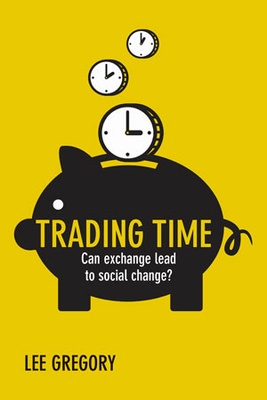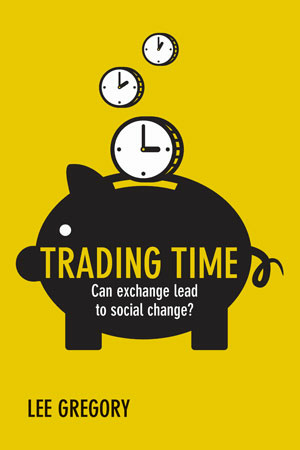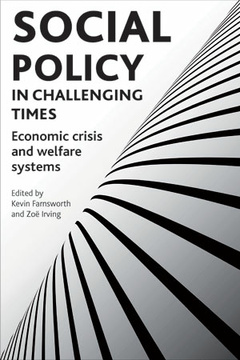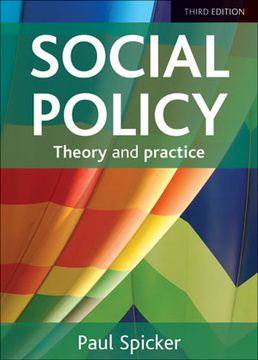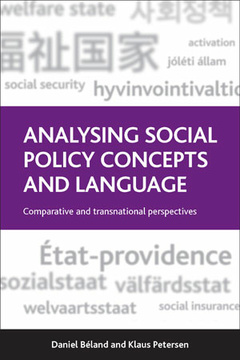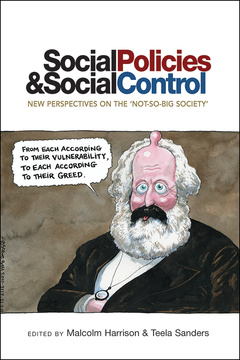Published
Jul 1, 2015Page count
212 pagesISBN
978-1447318293Dimensions
234 x 156 mmImprint
Policy PressPublished
Jun 1, 2016Page count
212 pagesISBN
978-1447334521Imprint
Policy PressPublished
Jun 1, 2016Page count
212 pagesISBN
978-1447334538Imprint
Policy PressWelfare reform in the wake of austerity has fostered increased interest in self-help initiatives within the community sector. Amongst these, time banking, one of a number of complementary currency systems, has received increasing attention from policy makers as a means for promoting welfare reform. This book is the first to look at the concept of time within social policy to examine time banking theory and practice. By drawing on the social theory of time to examine the tension between time bank values and those of policy makers, it argues that time banking is a constructive means of promoting social change but is hindered by its co-option into neo-liberal thinking. This book will be valuable for academics/researchers with an interest in community-based initiatives, the third/voluntary sectors and theoretical analysis of social policy and political ideologies.
"A must-read for anyone interested in the topic as it helps to better understand the discursive nature of time." - Journal of Social Policy
"This accessible and well-structured book shows in a contemporary manner how using time as a resource can provide a way forward for social policy." Colin Williams, Sheffield University
Dr Lee Gregory is Lecturer in Social Policy at the University of Birmingham, Institute of Applied Social Sciences. He co-founded and co-facilitates Time4Research, is an associate member of CHASM based at the University of Birmingham and co-ordinates the Welfare Futures research group. His research interests are in poverty and asset-based welfare, youth policy, welfare ideology and alternative forms of welfare provision.
Introduction;
Austerity and its alternatives;
Time for an alternative;
Time banking;
Repositioning time bank theory;
Resistance or resilience?;
Conclusion.







